Empire of the Censors (1995)
Género : Película de TV, Documental
Tiempo de ejecución : 2H 0M
Director : Saskia Baron
Sinopsis
The history of film and video censorship in Great Britain.

Lifting the lid on the world of cinema censorship, this programme has unique access to the files of the British Board of Film Classification. Featuring explicit and detailed exchanges between the censor and film-makers, 'Dear Censor' casts a wry eye over some of the most infamous cases in the history of the board. From the now seemingly innocuous Rebel Without a Cause, the first 'naturist' films and the infamous works of Ken Russell, and up to Rambo III, this frank and surprisingly warm documentary demonstrates how a body created by the industry to safeguard standards and reflect shifts in public opinion has also worked unexpectedly closely with the film-makers themselves to ensure that their work was able reach an audience.

Visión melodramática e irónica de la vida de varios moscovitas de clase media. Cada uno de ellos tiene un secreto personal, oculto a los demás - su "parte íntima". El personaje principal, Ivan, un polémico fotógrafo, está convencido de que las personas nacen para ser felices, y la felicidad es la libertad de permanecer fiel a uno mismo.
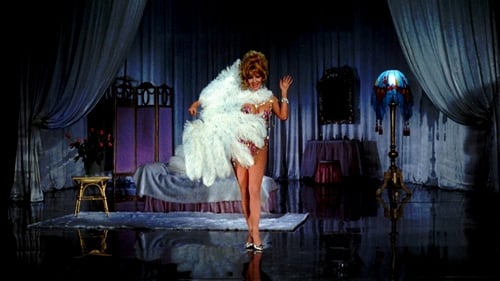
Cuál fue el papel de la mujer en el cine español desde la década de 1930 hasta la actualidad, explicado a través de fragmentos de diferentes películas, tanto de ficción como de no ficción. (Seguida por “Manda huevos,” 2016.)
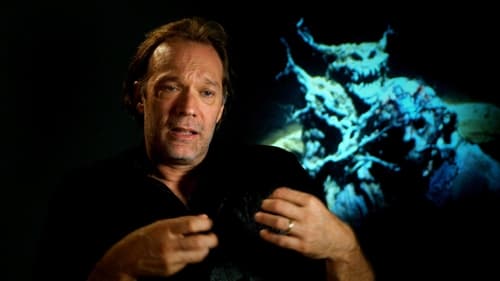
El documental lleva al espectador a los sucesos que tuvieron lugar en la creación de la franquicia, allá por el año 1980 en un campamento de verano de Nueva Jersey, hasta el lanzamiento del blockbuster de 2009 en el que se reiniciaba la serie. En él se ofrece una amplia variedad de material inédito, que va desde fotografías a cortes de vídeo, documentos de archivo, artes conceptuales y entrevistas con muchos de los miebros que componen el amplio reparto de las películas. El documental está basado en el libro "Crystal Lake Memories: The Completo Story of Friday the 13th".

En un pequeño pueblo siciliano durante los años previos a la llegada de la televisión (justo al finalizar la Segunda Guerra Mundial) el joven Toto vivía fascinado por el cine. Toto trata de entablar amistad con Alfredo, el proyeccionista del cine local, una persona muy irritable pero con un gran corazón. Todos estos hechos se presentan en forma de nostálgicos recuerdos de Toto que ha crecido hasta convertirse en un cineasta de éxito, y que revive a su infancia cuando recibe la noticia de que Alfredo ha muerto.

Conducido por Tom Savini, "His Name Was Jason" repasa a través de sus responsables (directores, actores, equipo técnico) toda la historia de la saga Viernes 13, a lo largo de sus 12 películas, y conmemorando el 30 aniversario de la primera.

The history of the irreverent "The Smothers Brothers Comedy Hour" and the content battles it fought with its television network.
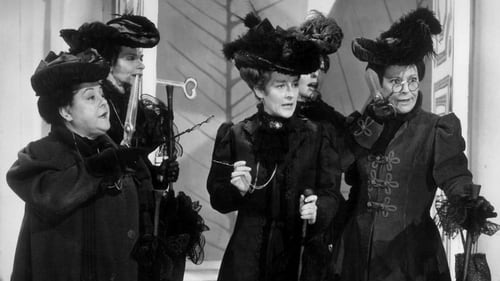
La Conferenciante, líder de la Liga Femenina contra la Frivolidad, narra la historia del erotismo y de la censura desde el principio de los tiempos hasta finales de los años sesenta.
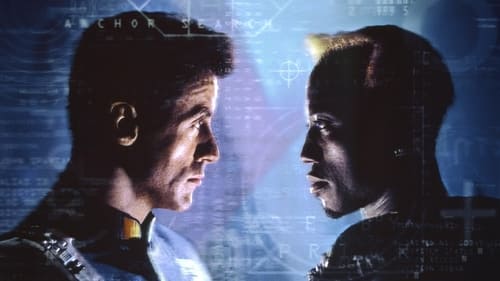
En el año 1996 un edificio estalla con 30 rehenes dentro, tras una brutal lucha entre Simon Phoenix, un criminal psicópata y John Spartan, un policía conocido como Demolition Man. Ambos son condenados a ser congelados hasta 2032, año en el que se vuelven a encontrar.

A documentary analyzing the furore which so-called "video nasties" caused in Britain during the 1980s.
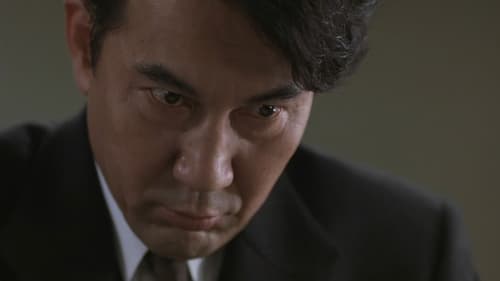
1940. Con la guerra llamando a las puertas de Japón, Tsubaki, un autor de comedia, se dispone a presentar ante la censura una versión cómica de Romeo y Julieta. Sus esperanzas de conseguir la aprobación se verán pronto ensombrecidas por la severa actitud del nuevo jefe censor, el hierático Sakisaka, que ordenará una reescritura completa de la obra.
Pese al marcado antagonismo entre ambos personajes, el largo tiempo compartido durante las siete visitas que Tsubaki hace a la oficina de Sakisaka acabará acercando a ambos hasta el punto de convertirlos en estrechos colaboradores.

When a small Utah-based edited movie company is caught sanitizing Hollywood's copyrighted material, the film industry strikes back with a devastating blow.

It is a sex education film of sorts dedicated to all forms of human sexuality.
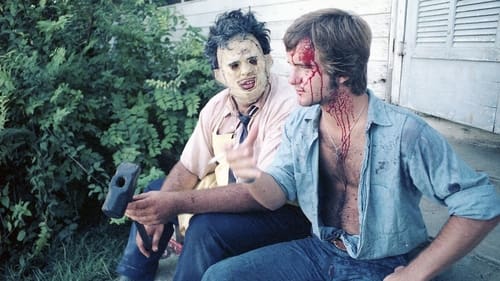
A documentary primarily focusing on the filming and release of the original Texas Chainsaw Massacre.

When an American filmmaker is commissioned to make a film for a Middle East Biennial on the theme of 'art as a subversive act,' his film is banned for blasphemy, he is asked to destroy every copy, and threatened with arrest.

In "Diana: The Mourning After" Christopher Hitchens sets out to examine the bogusness of "a nation's grief", tries to uncover the few voices of sanity that cut against the grain of contrived hysteria. His findings suggested that the collective hordes of emotive Dianaphiles sobbing in the streets were not only encouraged but emulated by the media. In the aftermath of Diana's death a three-line whip was enforced on newspapers and on TV, selling the sainthood line wholesale. The suspicion was that journalists, like the public, greeted the death as a chance to wax emotional in print, as a change from the customary knowing cynicism, to wheel out all those portentous phrases they'd been saving up for the big occasion. Sadly, they just seemed to be showboating; the eulogies, laments and tear-soaked platitudes ringing risibly hollow.

Documental sobre la censura que hace el gobierno iraní. Toca uno de los grandes misterios del Irán posterior a 1979: ¿Cómo es que la generación nacida y criada bajo el ojo siniestro de la revolución se ha convertido en la mayor espina clavada en su costado? Rasoulof responde a esta pregunta metódicamente llevándonos a través del laberinto de la cultura clandestina de satélites, Internet y DVD de Irán.

The highly anticipated follow-up to their critically acclaimed VIDEO NASTIES: MORAL PANIC, CENSORSHIP & VIDEOTAPE documentary, director Jake West and producer Marc Morris continue uncovering the shocking story of home entertainment post the 1984 Video Recordings Act. A time when Britain plunged into a new Dark Age of the most restrictive censorship, where the horror movie became the bloody eviscerated victim of continuing dread created by self-aggrandizing moral guardians. With passionate and entertaining interviews from the people who lived through it and more jaw dropping archive footage, get ready to reflect and rejoice the passing of a landmark era.

More Dangerous Songs: And the Banned Played On features previously banned songs by the BBC including "Lola" by the Kinks, "Jackie" by Scott Walker and "(We Don't Need this) Fascist Groove Thang" by Heaven 17.

Through the conversation with Yugoslav film authors and excerpts from their films, this documentary film tells a story of a film phenomenon and censorship, and its focus is, in fact, a painful epoch of Yugoslav film called “a Black Wave”, which was the most important and artistically strongest period of Yugoslav film industry, created in the sixties and buried in the early seventies by means of ideological and political decisions. The film tells a great “thriller” story of the ideological madness which characterised the totalitarian psychology having left multiple consequences felt up to our very days. It stresses similarities between totalitarian regimes defending their taboos on the example of the persecution of the most important Yugoslav film authors. Those film authors have, however, made world careers and inspired many later authors. The film is the beginning of a debt pay-off to the most significant Yugoslav film authors.


















